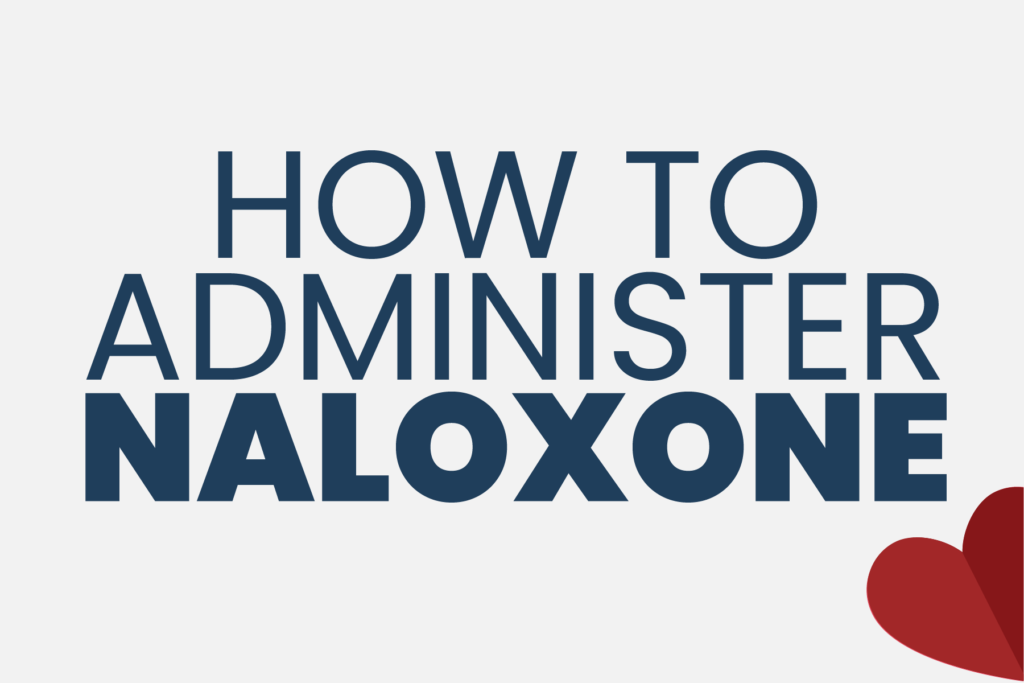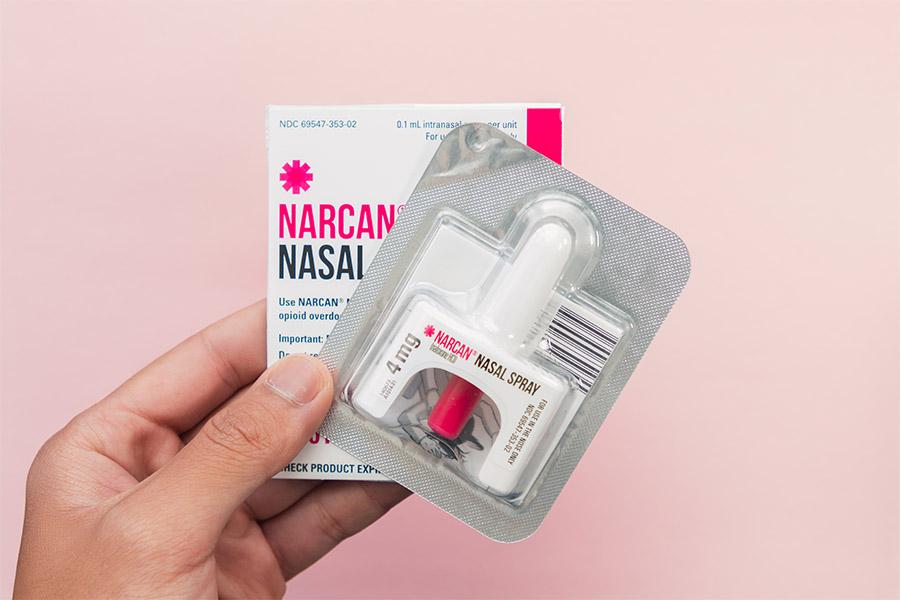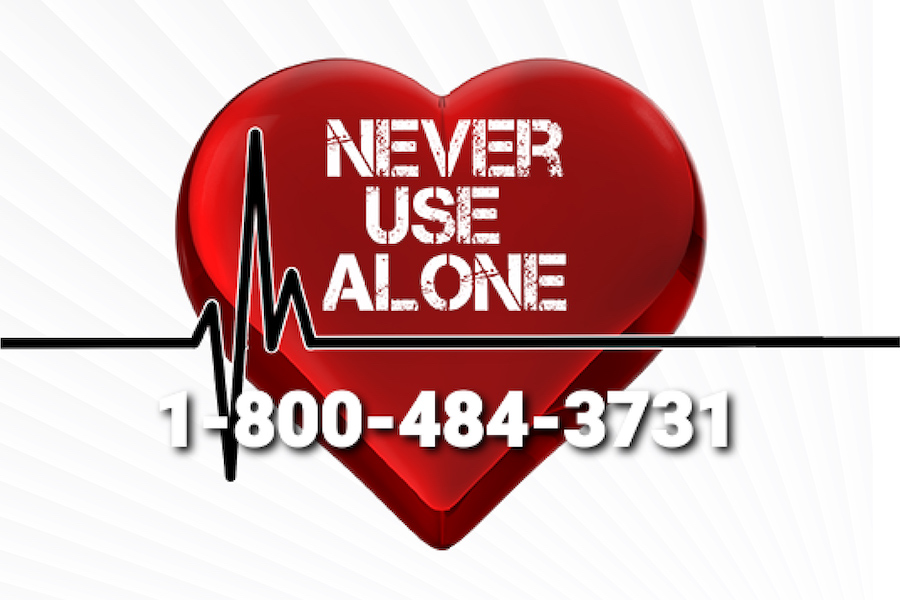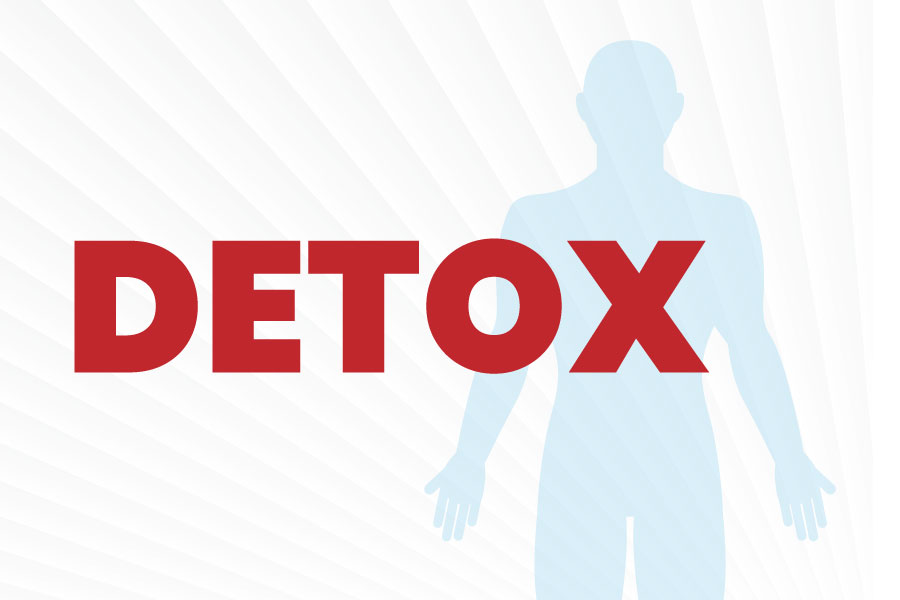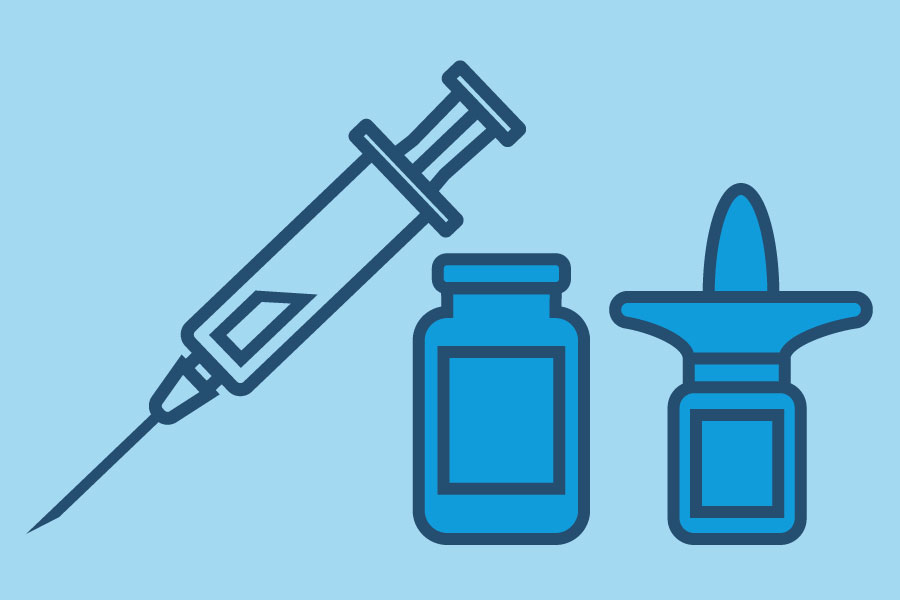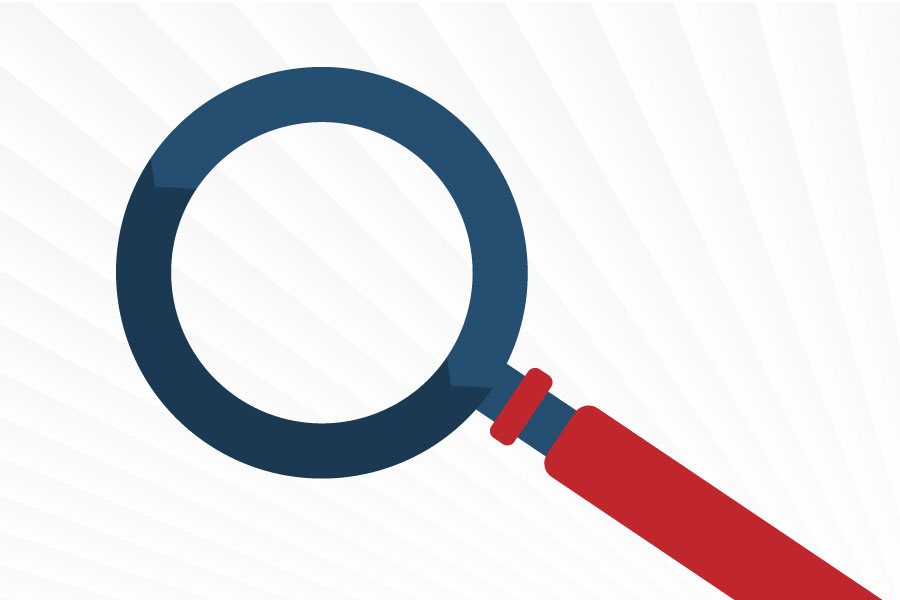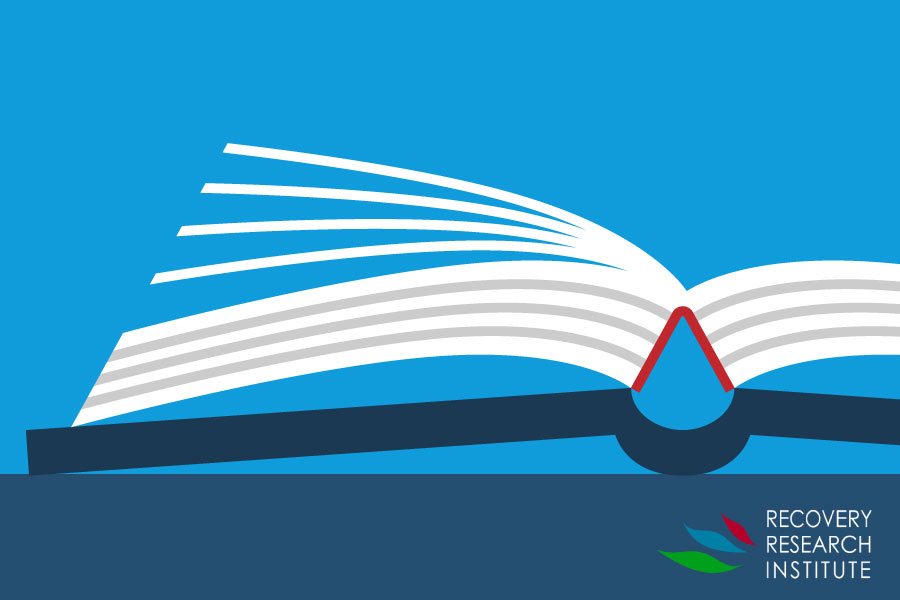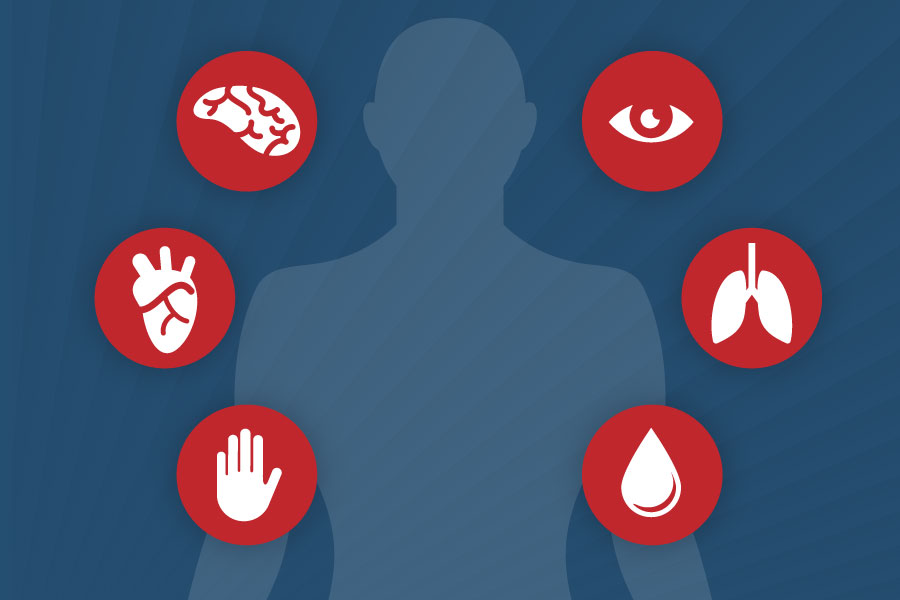Education
How to Administer Naloxone
Naloxone is a life-saving medicine that will reverse an opioid overdose. Below are two common forms with instructions on how to use. Administering NARCAN® Peel back the package to remove the device. Place the tip of the nozzle in either nostril until your fingers touch the bottom of the person’s nose. DO NOT test the…
Read MoreFDA Approves Over-The-Counter Narcan
On Wednesday, March 29, 2023, the U.S. Food and Drug Administration approved Narcan, 4 milligram (mg) naloxone hydrochloride nasal spray for over-the-counter (OTC) nonprescription use. This makes it the first naloxone product approved for use without a prescription. Narcan is a medication that can reverse the effects of an opioid overdose in adults and children.…
Read MoreNever Use Alone Hotline
Human connection and love are at the forefront of what the Never Use Alone hotline has to offer. If you are going to use by yourself, call them! You will be asked for your first name, location, and the number you are calling from. An operator will stay on the line with you while you…
Read MoreWhat is Detoxification?
Detoxification, or simply, “detox,” is the process of taking someone off of an opioid that they are physically dependent on. Through the detoxification process, the person is given medically supervised and gradually reduced doses of medication to alleviate withdrawal symptoms and cravings. The goal of detoxing is to: Eradicate the body of its daily dependence…
Read MoreWhen and How to Administer Naloxone
Naloxone is a medication that reverses the effect of an opioid overdose. For this very reason, knowing when and how to administer this medication can be life-saving. If someone is showing any signs of an overdose or if you suspect that they are undergoing one, you should administer Naloxone immediately. Naloxone can be administered as…
Read MoreCommon Signs of an Opioid Addiction
If you suspect someone you love is using substances, there are some common signs and symptoms to look for. Physical Changes Frequent opioid use (or overuse of prescribed opioids) Frequent drowsiness Weight loss Flu-like symptoms Changing sleep patterns Decreased libido Personal Changes Poor personal hygiene Isolation from loved ones Stealing from loved ones Financial difficulties…
Read MoreLanguage to Destigmatize Substance Use Disorder
One major step to destigmatizing substance use disorder is to change how we talk about it. The more we say something, the more it becomes normalized within our conversations—no matter how damaging it may be. When real people with real emotions are at the other end of these words, this becomes a problem. For example,…
Read MoreHow to Identify and Respond to an Opioid Overdose
6 Physical Signs of an Opioid Overdose: Unresponsiveness Pinpoint-sized pupils Slow heartbeat and/or low blood pressure Slow or no breathing Blue/gray fingernails and lips Pale and/or clammy skin How to Respond to an Opioid Overdose: 1. Call Assess the person based on the six signs listed above and CALL 911 as soon as possible. 2.…
Read More